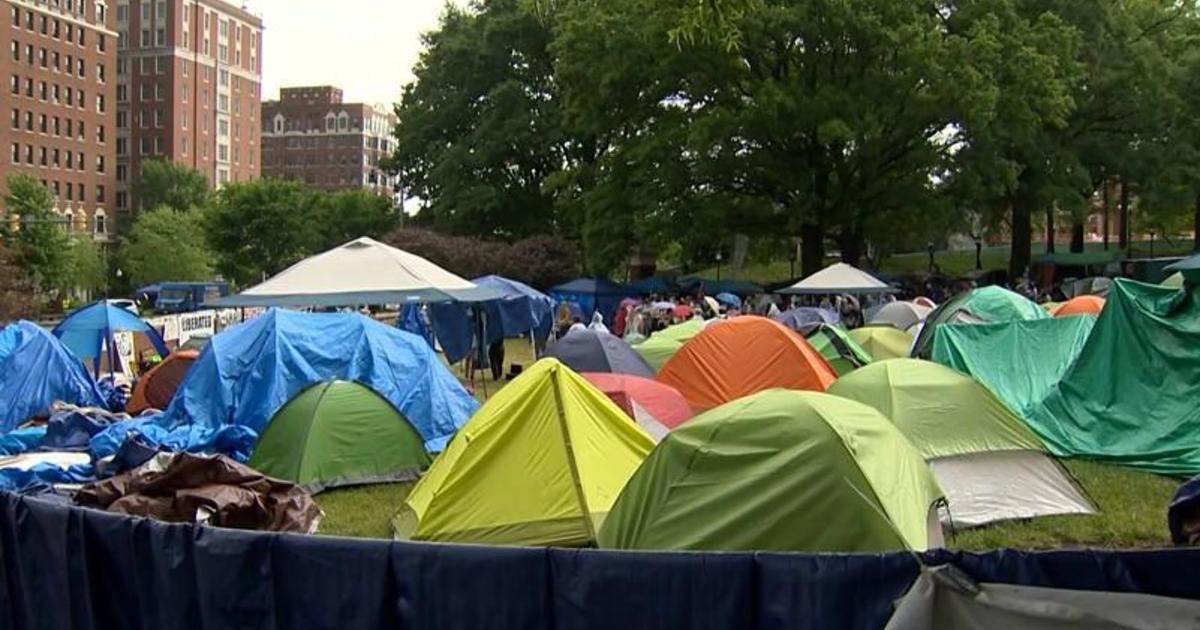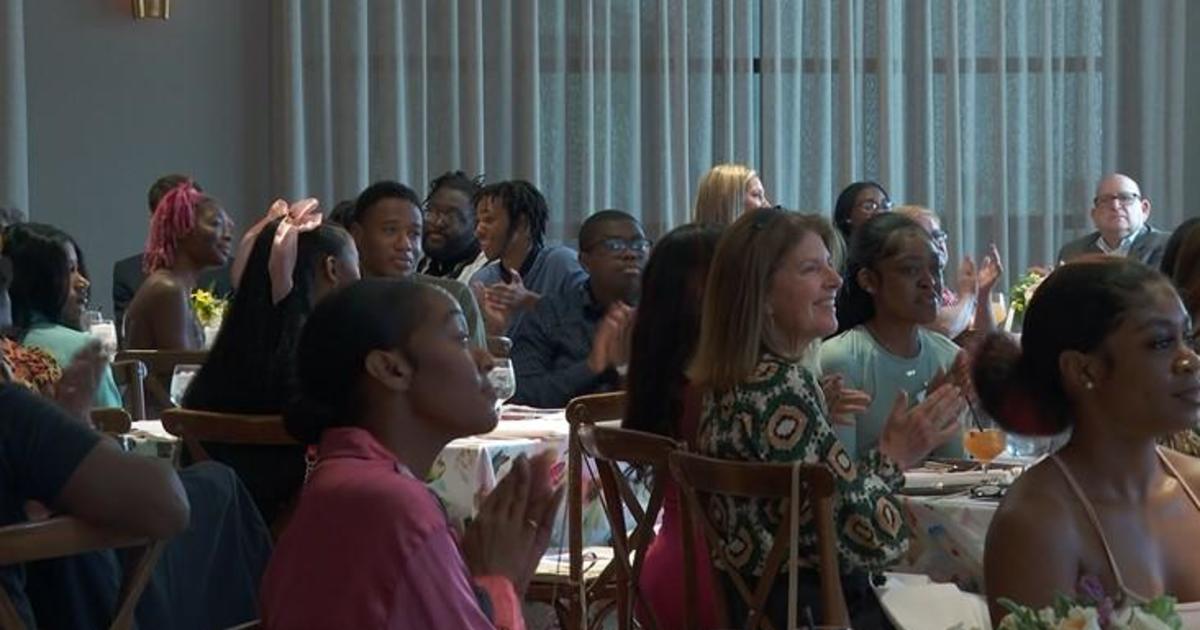University of Maryland announces first presumptive case of Monkeypox
BALTIMORE -- The University of Maryland on Wednesday reported its first presumptive case of Monkeypox.
"The staff member has taken all necessary medical steps and is doing well," University Health Center Director Dr. Spyridon Marinopoulos wrote in an email to the campus community. "We have already responded with appropriate cleaning and disinfection measures, as guided by the U.S. Centers for Disease Control, to help ensure the safety of our students, faculty and staff."
Marinopoulos said it is "likely" there will be cases on campus as the disease spreads around the world.
He encouraged students, teachers and staff to take preventative measures, such as avoiding close, skin-to-skin contact with people who have rashes similar to Monkeypox and objects they may have used.
Campus community members should also wash their hands frequently and use an alcohol-based hand sanitizer, "especially before eating or touching your face and after you use the bathroom," he said.
In addition to a rash that can look like pimples or blisters, symptoms of Monkeypox include fever, headache, muscle aches and backache, swollen lymph nodes, chills, and exhaustion.
Anyone on campus who develops symptoms is asked to call the he University Health Center at 301-314-8184 or their individual healthcare provider for guidance.
The Centers for Disease Control and Prevention has confirmed 349 cases of Monkeypox in Maryland.
Dr. Amesh Adalja, a senior scholar at the Johns Hopkins Center for Health Security, said he doesn't believe colleges will be hotbeds for the virus.
But, he said, it is important for schools to be proactive by making things like tests, vaccines and isolation centers available.
"It's not going to have the same force that COVID-19 did," said Adalja. "And I think it's important to remember this is not a respiratory virus, this is not easy to catch."




